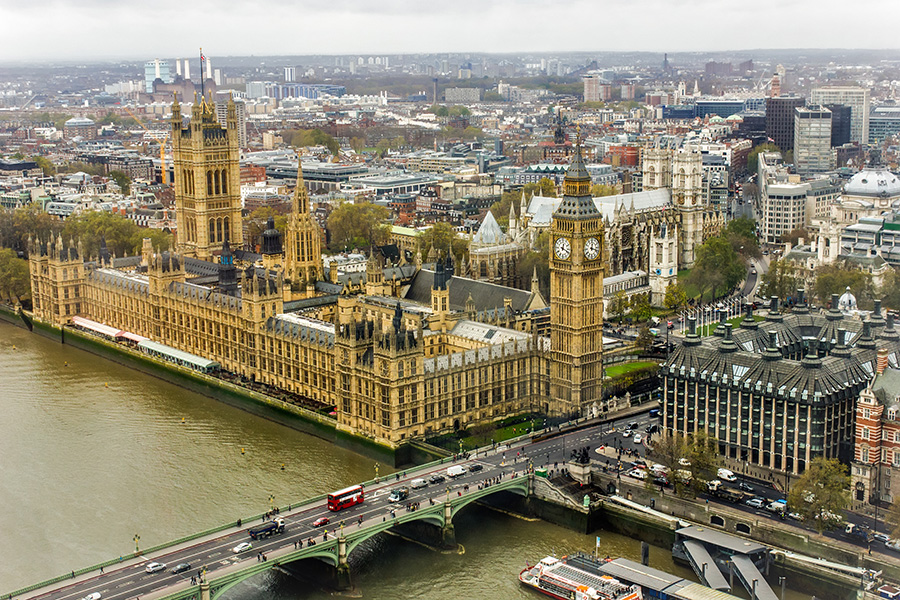The UK rules out ban on loot boxes

The government has published the results of a consultation on the video game mechanism that has been likened to gambling.
UK.- Finally, the UK government has decided against banning loot boxes in video games following a 22-month consultation on the matter. While the country’s review of gambling legislation appears to be on hold until a new prime minister is chosen, culture minister Nadine Dorries has said that a ban on loot boxes will not be part of the delayed white paper.
She announced yesterday that the UK would not follow countries like Belgium, which banned loot boxes in 2018, and Spain, which plans to ban them for minors. That’s despite the consultation finding evidence of a “consistent” association with problem gambling. Dorries said the government would instead pursue tougher “industry-led” protections.
Dories said that imposing restrictions or an all-out ban through legislation could result in “unintended consequences”.
She said: “For example, legislation to introduce an outright ban on children purchasing loot boxes could have the unintended effect of more children using adult accounts, and thus having more limited parental oversight of their play and spending.”
Dorries did, however, state that children “should not be able to purchase loot boxes without parental approval”. She also suggested that “all players should have access to spending controls and transparent information to support their gaming”.
The UK government’s loot boxes consultation found that 15 peer-reviewed studies had identified “a stable and consistent” link between loot boxes and problem gambling, but that it was not possible to conclude that this link was causative. It also notes that loot boxes differ from gambling in that they can’t be exchanged for real money, at least not legitimately.
The consultation concludes: “Our view is that it would be premature to take legislative action without first pursuing enhanced industry-led measures to deliver protections for children and young people and all players.”
This industry-led approach will take the form of a working group which is due to deliver its first update in the first quarter of 2023.
The DCMS said: “We expect games companies and platforms to improve protections for children, young people and adults, and for tangible results to begin to be seen in the near future. If that does not happen, we will not hesitate to consider legislative options, if we deem it necessary to protect children, young people and adults.”











